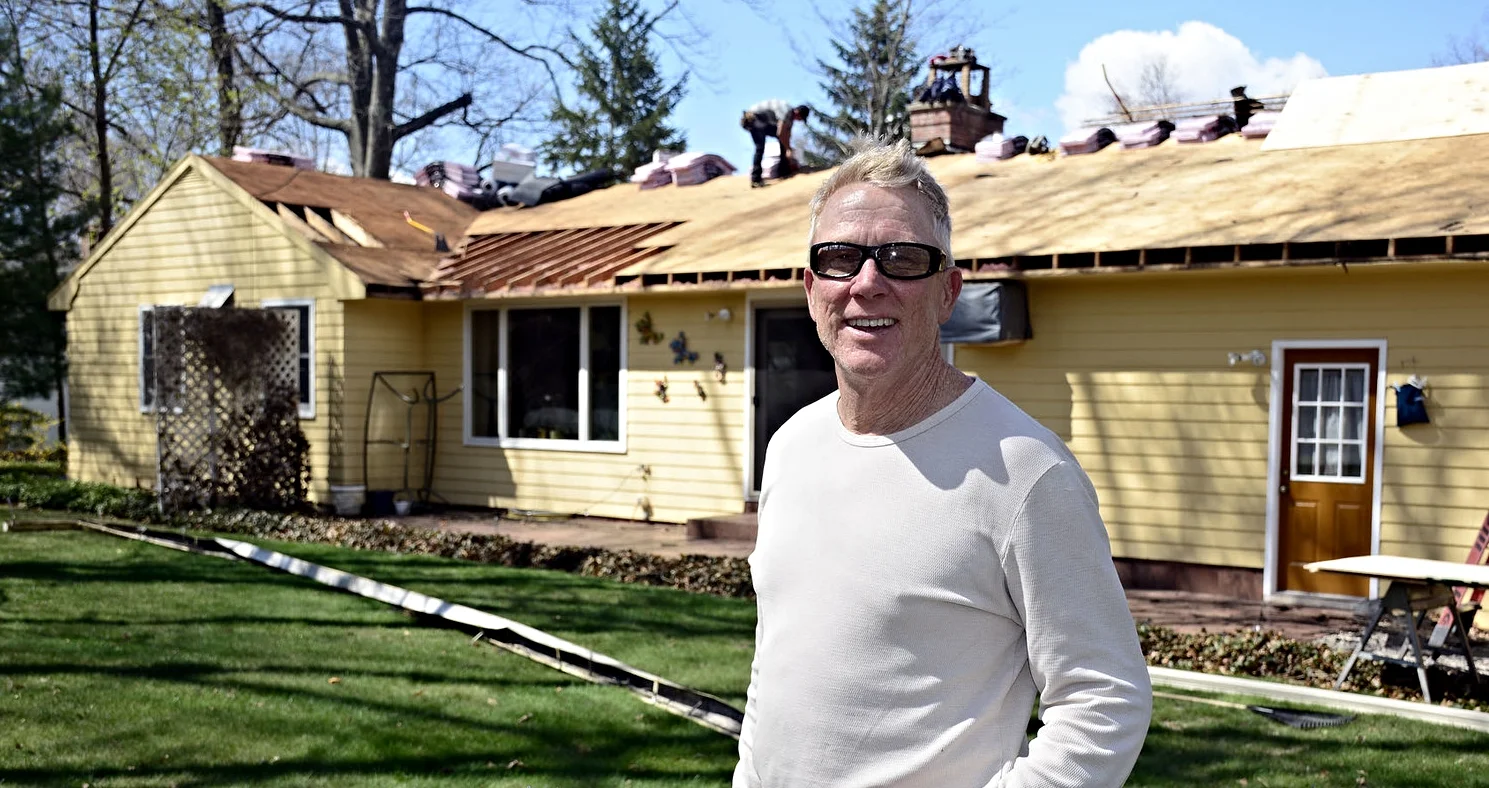Avoid These Outdoor Projects in the Winter
Chelsea O'Donnell
Lots of folks think winter is a great time for outdoor upgrades. It feels like a good plan after the holiday hustle and before the contractors get super busy with the warmer weather. But, truth be told, it's not the safest time for big exterior projects like roofing and siding. Here's why:
When the weather is below 40 degrees, the composition of building materials really changes. As it gets colder, products such as shingles can get brittle and crack or split easily. Materials such as vinyl siding shrink, which can lead to misalignment or potential for leaks when they later expand as the weather warms.
Another big issue is shingle adherence. Shingle sealant is activated by sun and heat. If there is not enough of either, the hold won’t be as strong as it should be, which could cause problems down the road. If the weather is too cold, we are often forced to hand seal, which can add time and cost to a generally simple process.
Most contractors use an air nail gun for external remodeling, which works by pressure. If humidity turns to ice in the airline, it can under or overdrive the nails instead of putting them in flush. Compressors face the same potential problem.
Being on a roof or ladder in winter is dangerous. Even the most seasoned professionals must take care as black ice can cause serious injury. While we take every precaution, there is a lot that can go wrong during cold conditions. It’s often not worth the risk.
Winter weather is unpredictable. When it rains in the warmer months, we tarp a job thoroughly to ensure there aren’t any leaks. Snow is more difficult as it adds both moisture and weight to a job. Imagine having a roof open in February and a foot of snow falls from the sky?
A cold weather installation could void your warranty. Many products specify a proper installation environment, which is usually above 40 degrees.
Winter jobs almost always take longer as roofers need to take extra precautions and more frequent breaks while working in cold conditions. The last thing you want is someone on a roof who can’t feel their toes. There is also less daylight, which will add time to an installation.
Sometimes, a winter repair or replacement is inevitable and leaving the job until spring might make things worse. If this is the case for you, be sure that you’re working with an experienced contractor who has a solid track record in winter conditions and discuss all the precautions and extra steps that will be taken to ensure the job is done correctly. The last thing you want is someone getting injured or a situation where corners have to be cut to accommodate less-than-fair conditions. In the end, is it really worth it?
Bob O'Donnell is the owner of O'Donnell Bros, Inc., a Bristol-based home improvement company established in 1975. Email your questions for Bob to info@odonnellbros.com with the subject line “Ask the Pro”. All questions may be considered for publication. To contact Bob for your remodeling needs, call O'Donnell Bros, Inc. at (860) 589-5155 or visit www.odonnellbros.com. Advice is for guidance only.
